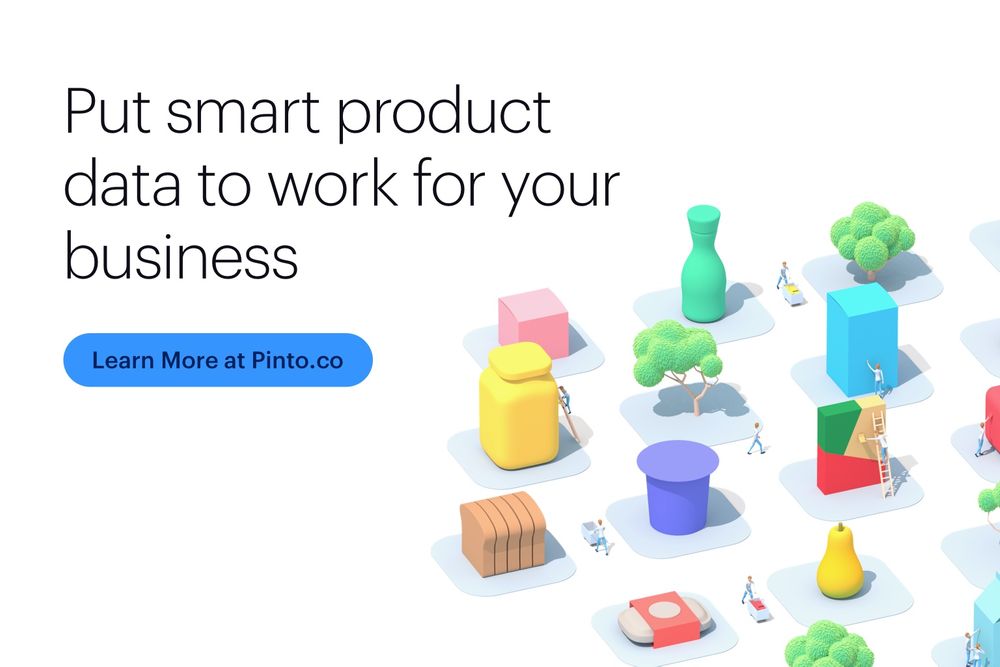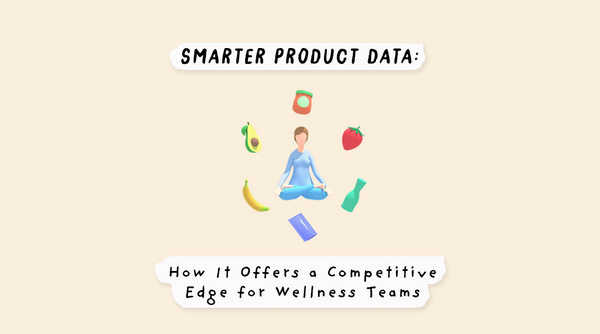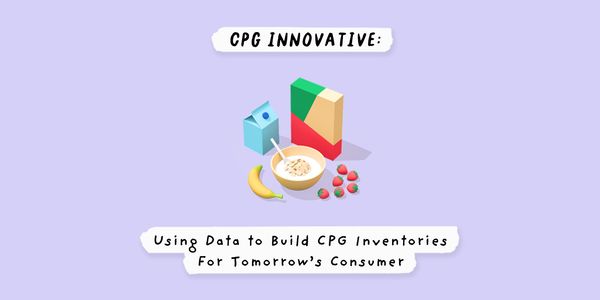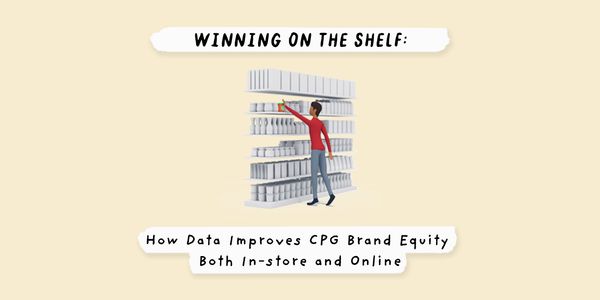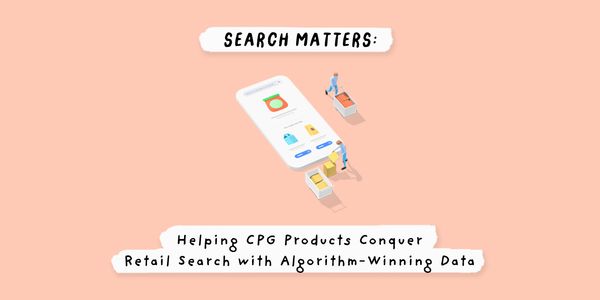A brief look
- Over 7 million Americans live with diabetes and don’t know it; 32 million have food allergies; by 2035, 130 million adults will suffer from cardiovascular disease.
- Consumers are increasingly shopping with specific dietary needs in mind to treat, and even prevent, these illnesses.
- In-house retail dietitians and health and wellness teams are leveraging smart data to accurately categorize products to reflect the growing demand for shopper personalization.
Dive deeper
In the 2020 International Food Information Council study, 66% of shoppers reported they were buying groceries with a dietary restriction in mind. It’s clear that merchandising for this growing customer segment will be an enormous challenge in the coming years for health and wellness teams in the food retail industry, especially as diets and health needs continue to evolve. The first step towards doing this is developing an exhaustive, accurate, and modern database of all the products in a given inventory. One that catalogs everything with product images, detailed nutritional and ingredient information, and a full picture of how each product fits today’s personalized health needs. Only after this database is in place will a retailer be able to offer true personalization at scale.
The Challenge For Health & Wellness Teams
The American Heart Association projects that by 2035 over 130 million adults in the US will contend with some form of cardiovascular disease. The Center for Disease Control reports that, right now, an estimated 7.2 million Americans are living with diabetes and don’t know it. And according to this Food Allergy Research & Education (FARE) report, over 32 million people in the US have food allergies, with shellfish, milk, peanut, and tree nuts being the most common. These are illnesses that are treatable (and often preventable) with dietary choices, and people are shopping in a way that reflects that. Food retailers, and in particular, in-house dietitians, must be nimble to meet this surge in demand for personalized nutrition. While customers are sometimes looking for products with clear callouts like heart-healthy, no added sugar, or plant-based, curating suitable options for more specialized diets like Low-FODMAP, the DASH diet, or low-phosphorous foods (for Kidney health) requires a deeper dive into the Nutrition Facts label and ingredient lists. Keeping tabs on portion sizes and food-group ratios is also a big factor for some of these food-combining and elimination diets. The net result is often a confused and overwhelmed consumer. How do they handle eating for various health concerns without spending all day reading labels or searching dozens of brand websites for answers? What if other members of the household have very particular but differing dietary needs?
Implementing a robust database makes it increasingly possible for the dietitian to study each category against rising trends, then design highly personalized selections that can adapt to the health needs of each customer. For customers, purchase decisions have less friction because they can search a grocer’s online inventory and get the level of product detail they need to make informed choices. In the past, shoppers and wellness teams have looked to cues like badges to help identify the right niche products—think packages stamped USDA Organic or non-GMO Project verified. However, relying on stamps or badge systems on their own isn’t a scalable solution for getting the right products in front of the right customers quickly. This level of personalization often requires that a company rebuilds its entire catalog.
The Need for Customized Nutrition: A Look at Low FODMAP
The low-FODMAP diet is one such trending dietary approach that perfectly illustrates the need for more robust data. To date, there are roughly 43 brands offering low-FODMAP-certified products. The search term “FODMAP” itself has risen 125% in the last five years. Complicating the issue, health and wellness teams often lack the complete information necessary to identify products low in FODMAPs, unless they referred to on-pack information for each and every product.
Now there is potential to add every product to a continuously updated database that can distinguish products that are low-FODMAP and those that are not. Additionally, health tags and smart filters can be applied to these consumer packaged goods to further identify if a product contains FODMAP in the absence of any certification. Take for example, pasta sauce. A general rule of thumb for those following a low-FODMAP diet is to avoid savory food products, like a pasta sauce, as it is assumed that it contains onion or garlic, known triggers of irritable bowel syndrome (IBS). Often, these derivatives are hidden in the term ‘natural flavors’ on ingredient lists. However, if a pasta sauce contains no FODMAP ingredients and also doesn't have an umbrella term like ‘natural flavors’, a smart database platform is able to accurately indicate that this product contains no FODMAP ingredients. With a situation like this, curating granular product data will enable wellness teams to help their customers achieve more flexibility and variety in their diets while meeting their exact health needs.
Technology Drives a Competitive Advantage
Low FODMAP is just one example of a complicated eating approach that calls for business agility and access to detailed data before an emerging trend becomes the mainstream. Pinto’s data engine is capable of continuously mapping products in every way a shopper would search, such as nut-free, paleo, keto-friendly, low-fat, dairy-free, vegan, and more. One of the reasons we say our product data is the most nuanced is because of how much information it can aggregate. It would be a huge and costly undertaking for any team to manually compile comprehensive product information that includes nutrition fact panels, ingredient lists, allergen declarations, health claims, certifications, and portion sizes.
At Pinto, we provide food retailers the ability to identify, categorize, and filter products to afford highly personalized shopping experiences for consumers according to their needs, preference, and lifestyles. Developing databases of smart product information is the key to offering an e-commerce solution that meets your customer’s expectations of shopping online. However, the first step towards offering this is a clean dataset. At Pinto, we’ve developed a system to solve this very problem.
